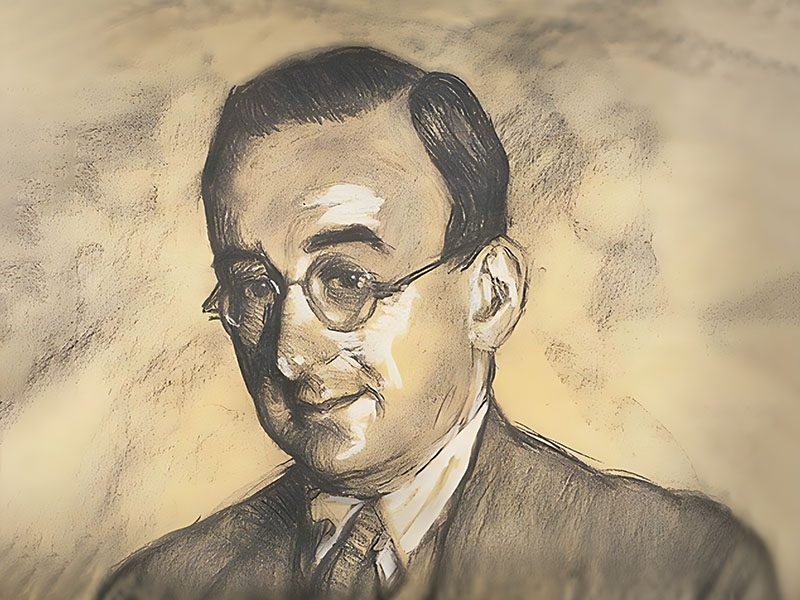Andalusian Vernacular Proverbs from Arab and non- Arab Perspectives
Issue 49

Dr. Mohammad Al Amarti, Academic Researcher - Morocco
Proverbs in general have attracted many Arab and Western scholars in the past and present. Throughout literary history, prominent scholars have given much interest and attention to them. Proverbs have always been a reference for historians, geographers, sociologists, behaviourist )ethnologists), linguists, philologists and scientists. They constitute a form of literature that encapsulates human knowledge, culture and arts, because of their rich expressions of life and human experience.
Our ancient scholars were passionate about the wonderful aspects of proverbs and idiomatic expressions. Thanks to the richness of Arab vernacular and folk proverbs, Arab scholars greatly excelled in their studies because they were able to leave behind a legacy of diverse classified manuscripts in this area. Unfortunately, however, this creative endeavour was not complemented by scientific and critical research. For example, compared to classic proverbs the books of the Andalusian colloquial proverbs did not receive the attention of Moroccan and Oriental scholars. It is believed that the Andalusian’s vernacular proverbs deserve more attention, given their important role in revealing the Andalusian rich history.
This study comes in the context of our interest in the scientific co-operation between the great Spanish Arabist, Emilio García Gómez, pioneer of modern Spanish Arabicization, and scholar Dr. Mohammad bin Charifah, pioneer of Andalusian studies. This study aims at revealing a rich common Arab-Spanish literary legacy that has long been neglected for many reasons.
This study provides a different perspective and releases various data on the literature of vernacular proverbs. It discusses the pioneering achievements of the Andalusian proverbs while highlighting the pioneering role the Andalusian and Arabist studies played (represented by the research of bin Charifah and Gómez).
This study attempts to establish scientific knowledge of the literature of vernacular proverbs, which provides data for reading and analysing this literary legacy.
It is an ambitious scientific project that aims at reviving the study of proverbs, within the framework of the two pioneers. In addition to this, we aim to create genuine interest, to provide useful perspectives of this form of literature, and to explore similarities and differences in the research of the two scholars. It is a topic of special status for both of them. Each has his own questions and concerns that reflect their respective perspectives (including geographical, cultural and epistemological affiliations), and are based on their scientific convictions and methodological means.
We have first to look at the Andalusian proverbs within their historical context, then in the framework of proverbs in general before we can come to some conclusions.



































































